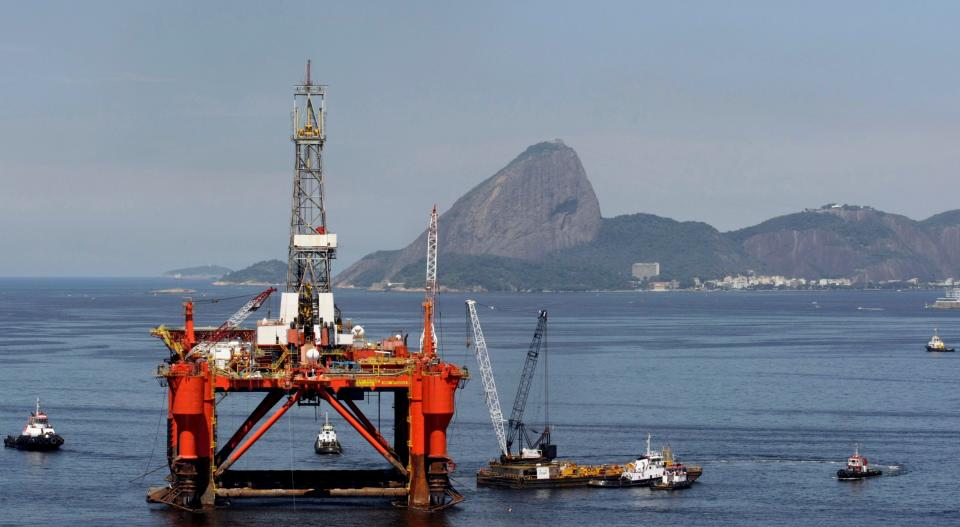Labour and Tories under fire for £7.5bn in ‘dirty’ council pension funds

The IMF and the Bank of England have warned of the ‘carbon bubble’ risk of fossil fuel investments
(REUTERS)Labour and the Conservatives control £7.5bn of “dirty” local council pension funds invested in fossil fuel shares, a new analysis has found.
Ahead of local elections, the UK’s big two parties are under fire for maintaining stakes in oil, gas and coal companies, despite the climate emergency – and the financial risk of doing so.
The figures suggest that authorities run, or partly-run, by Labour have slightly more invested (£3.86bn) than the Tories (£3.65bn), with the figure for the Liberal Democrats put at £200m.
Keir Starmer’s party also scores worse for the proportion of investments that represents (3.23 per cent), more than Boris Johnson’s party (2.96 per cent) or Ed Davey’s (2.34 per cent).
Ben Lennon, of the environmental group Platform, which researched the statistics, called the results “completely unacceptable”.
“The two largest parties in England have failed to move local government investments out of fossil fuels,” he warned.
“Divestment is popular with the public, morally right, financially more secure and the common-sense thing to do.
“Councils that ignore this reality are sticking their head in the sand. Candidates from across the political spectrum should work together to back divestment and create a more sustainable future.”
The group said just 5 per cent of local authorities have made commitments to divest – which left the UK lagging behind other countries’ institutions.
Yet, it argued, the policy is popular. Polling had found that 41 per cent of the public opposed fossil fuel investments, with just 12 per cent in favour.
The International Monetary Fund and the Bank of England have warned of the ‘carbon bubble’ financial risk of fossil fuel investments, as emissions are cut to meet international commitments.
Parliament’s pension fund has made record investments in renewable energy and cut its exposure to fossil fuel companies to bring it into line with the government’s climate action targets.
Both Labour and the Conservatives have been asked to respond to the criticisms made, ahead of the elections on 6 May.
Research in February revealed that UK local government pensions hold £9.7bn of investments in fossil fuel companies.
Platform then calculated the share for each party on the basis of which party controls the council with each stake.
Where a council is under no overall control, responsibility was allocated in proportion to the number of the councillors each party has.
Pension funds controlled by independent councillors – not affiliated to any national party – were found to have the highest exposure to fossil fuels, at almost 4 per cent.
Read More
Boris Johnson can't name current Conservative West of England mayor
How Joe Biden’s ‘special relationship’ with Ireland affects Britain

 Yahoo Finance
Yahoo Finance 